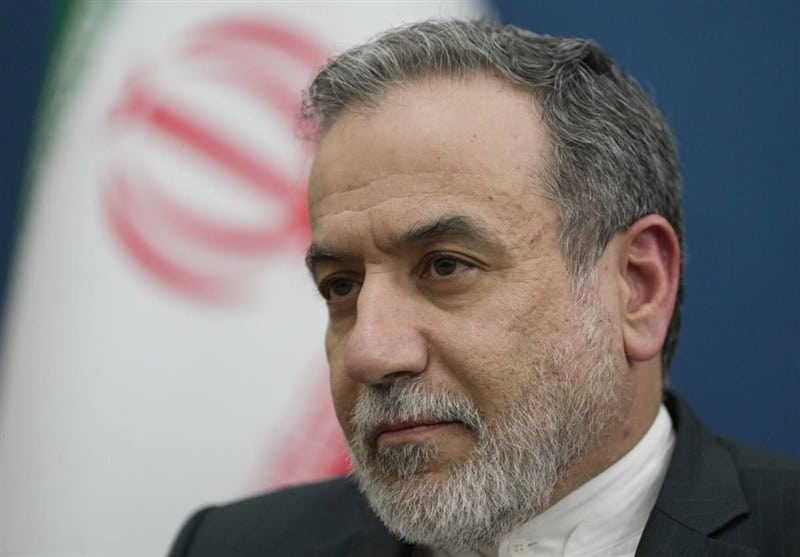Araqchi: Iran and Pakistan can gain many benefits from sustainable cooperation.
Regarding the President’s visit to Pakistan, Seyyed Abbas Araghchi, our country’s Foreign Minister, wrote in an article in “The News”: “One of the fundamental principles of Iran’s foreign policy is to establish strong, stable, and mutually beneficial relations with its neighbors. In this perspective, our relationship with Pakistan holds a special place, a relationship defined not only by geography but also by centuries of shared civilizational experience, religious commonalities, cultural kinship, and convergent strategic interests.”
He added: “Iran and Pakistan, as two independent countries located at the vital crossroads of Asia, can greatly benefit from a sustainable partnership and, even more, contribute to the future of our region.”
Araghchi emphasized: “President Masoud Pezhikian’s official visit to Pakistan reflects this growing momentum. This visit builds on a history of high-level interactions that includes the historic visit of the late President Ebrahim Raisi to Islamabad and the reciprocal visit of Prime Minister Shahbaz Sharif to Tehran.”
He continued: “These exchanges, along with ongoing diplomatic consultations between senior officials of both sides, indicate a deeper alliance that extends beyond ceremonial diplomacy. They reflect a conscious and strategic choice to enhance bilateral relations.”
The Foreign Minister of our country also said: “Iran and Pakistan share a 900-kilometer-long border that is more than just a dividing line between the two countries; it is a bridge that has connected peoples and civilizations for centuries. Through this border, not only has trade flowed, but also ideas, languages, poetry, and religions that still animate our societies today. From the celebration of Nowruz to shared traditions, the depth of our cultural and spiritual bond has created a sense of familiarity and enduring trust that forms the basis for political cooperation.”

